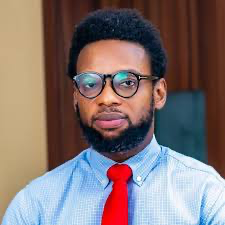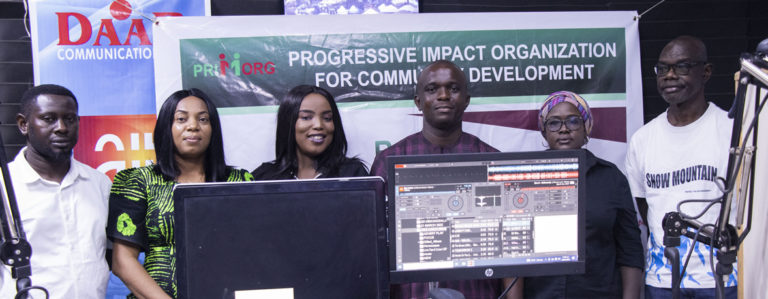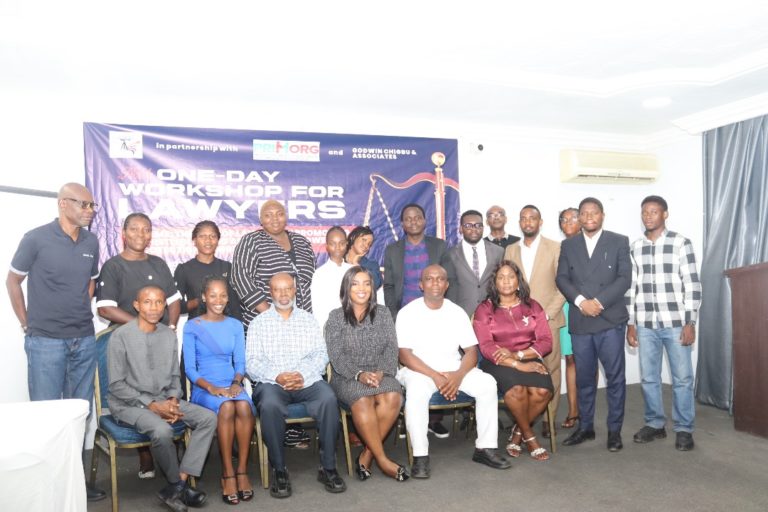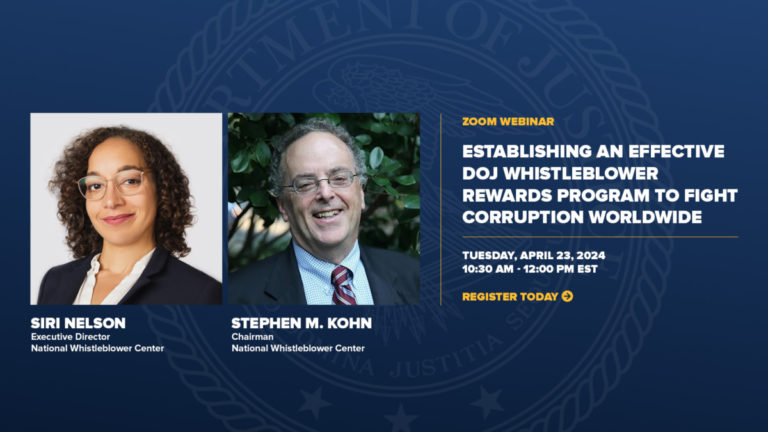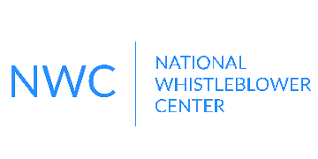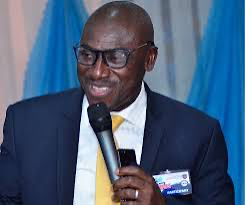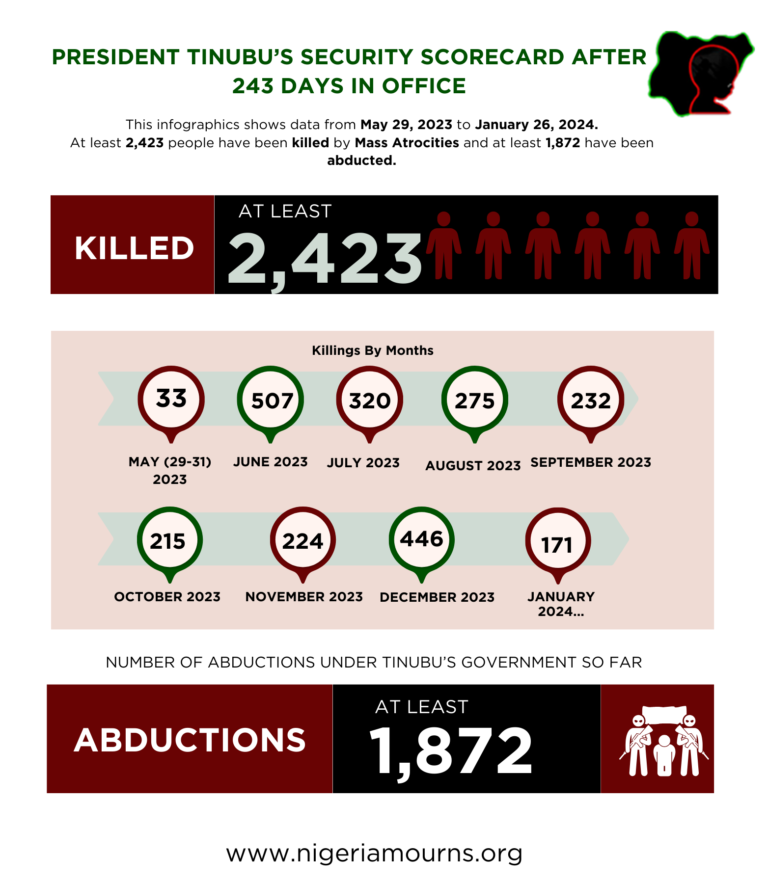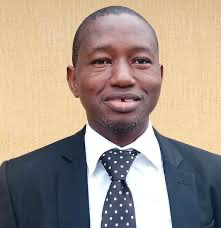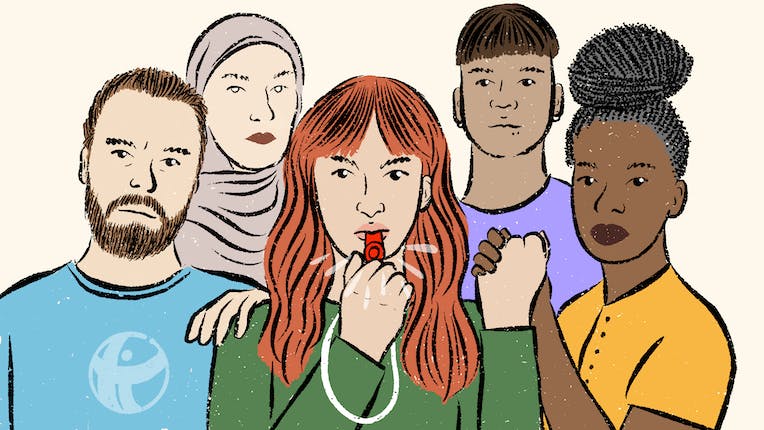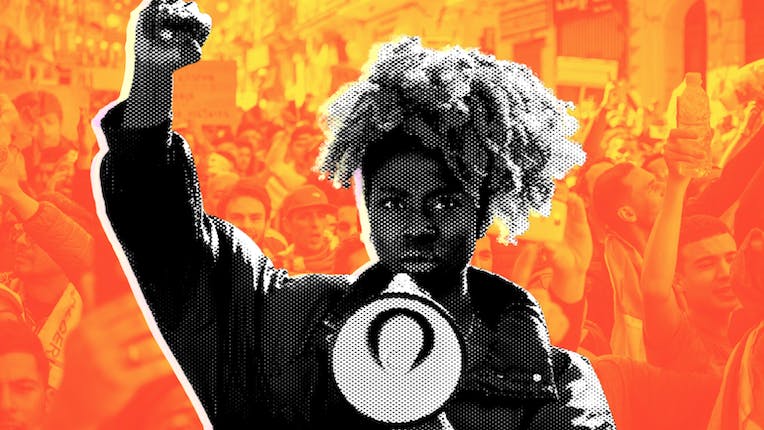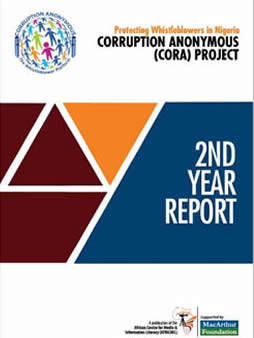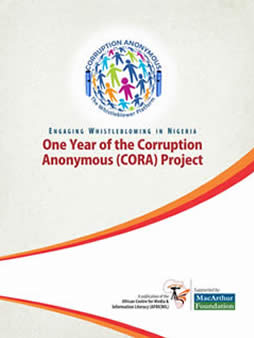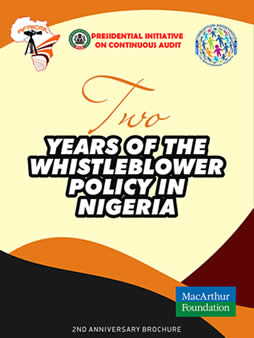By Godwin Onyeacholem
Since Nuhu Ribadu, now National Security Adviser, it seems no executive chairman of the Economic and Financial Crimes Commission (EFCC) has demonstrated a greater zeal to fight corruption in Nigeria than Ola Olukoyede, a lawyer and an insider who spent considerable time at the management level of the renowned anti-graft institution before his appointment as executive chairman in October 2023 .
His first task on settling in office just about three months ago had been the re-branding of the image of the EFCC, away from the unpleasant resemblance of the infamous secret political police of Nazi Germany, to one with a high premium for thorough professionalism that prioritizes humaneness in the conduct of operations. And this move has been hailed by many people who say it is the right thing to do.
With as much vigour as Olukoyede has sworn to fight the rot under his nose, he has declared that his eagle eyes (no pun intended) would also be trained on every nook and cranny of society – especially the three arms of government and specifically the presidency – in a determined hunt for the economic and financial malfeasances embedded in their provinces. In case the executive, legislature, and judiciary make light of this resolve, they are hereby put on notice that, much unlike his predecessors, this sheriff means business in a different way.
The EFCC helmsman offered the public a taste of his stated mission at an event he hosted in Abuja on Wednesday, January 31, 2024, which brought together a diverse segment of the society to discuss “youth, religion and the fight against corruption.” Although the theme of the public engagement spoke directly to young people and faith leaders, it was no less a fitting window into the anatomy of corruption and its many destructive footprints in society.
The youth were there in large number, and so were leading figures across faiths and educational institutions. Two of the most revered traditional rulers in the country, Muhammad Sa’ad Abubakar III, Sultan of Sokoto, also considered the spiritual leader of Nigeria’s Muslims and the Ooni of Ife, Oba Adeyeye Enitan Ogunwusi (Ojaja II), were also on hand to show solidarity with the renewed EFCC campaign to combat corruption in the country. President Bola Tinubu was represented by the vice president, Kashim Shettima.
The meeting was a way of prevailing on the youth and religious leaders to use their strategic positions to mobilize society to confront and dismantle a menace that has continually held the country down for decades.
Despite the achievements EFCC has recorded over the years through the efficacy of its enforcement power which has led to appreciable conviction and asset recovery, Olukoyede is disturbed that, rather than abate, financial crimes, including grand corruption and cybercrimes, keep rearing their monstrous heads.
He believes that the solution is to adopt a new strategy which focuses on prevention, which incidentally is also an approach favoured by the United Nations Conventions Against Corruption (UNCAC) and the ECOWAS Commission in its protocol on the fight against corruption and supplementary protocol on good governance and democracy in West Africa.
“Indeed, proactive implementation of effective and coordinated policies against corruption remains the best guarantee for public security, economic development and the effective functioning of public and private institutions. The recalibration of the commission’s prevention strategy seeks to promote proactive deterrence and greater inclusivity in terms of participation of all stakeholders. Our motivation is to see how corruption, whether in ministries and agencies of government, in the ivory towers, or the private sector, could be prevented before it occurs,” he said.
His recourse to prevention, to deal with corrupt practices, can hardly be faulted. One of the most effective mechanisms for successful prevention happens to be whistleblowing. It is a compelling source of the “proactive deterrence” and the “greater inclusivity in terms of participation of all stakeholders” that Olukoyede desires to achieve. Here, citizens are key, being the largest stakeholders and the most critical factor in the fight against corruption. Unless citizens are persuaded to get on board, the anti-corruption ship will be grounded.
The immediate past administration uncharacteristically came to power on this promise and consequently added whistleblowing as a new wrinkle in the fight against corruption. It was the right step to take. Whistleblowing is today the most talked-about strategy in the global quest for combating corruption, and achieving transparency and accountability in governance across all sectors.
But even in its awareness of this, that administration could not go beyond mouthing whistleblowing as a policy in all of its eight-year tenure. Little or no effort was made towards sustained public education and the proposed whistleblower protection legislation is stillborn, despite the valiant efforts of civil society groups and committed state partners towards putting in place such an important legal framework.
Thankfully, in appreciation of the value of whistleblowing to the success of its work, EFCC has the Eagle Eye App which it launched in July 2021. The tool should come in handy for Olukoyede in the renewed drive to put prevention in front of any other approach he might be considering for taming economic and financial crimes. The App, according to its promo, eliminates person-to-person contact in the reporting process and guarantees anonymity, which is a major incentive to whistleblowing. All the EFCC boss needs to do now is to initiate a robust campaign of awareness for this App and its benefits, and join frontline stakeholders like the Ministries of Finance and Justice, and the Whistleblowing Advocacy Coalition (WAC) to demand a quick enactment of the whistleblower protection law.
In the keynote address read on his behalf by the vice president, President Tinubu assured that corruption would not be allowed in the polity. “We cannot be focused on growth and development and at the same time offer any breathing space to corrupt practices in any form,” he stated. And as if responding to the Sultan of Sokoto and the Ooni of Ife who, earlier in their separate goodwill messages, had warned the political elite against making it difficult for the EFCC chairman to do his work, the president said the EFCC had been “duly instructed to do its job at all times without any extraneous considerations.”
It is hoped that the EFCC chairman will not be constrained by some influential persons in the presidency, or in any other high quarter, to lower the standard the president has set for him in prosecuting this administration’s anti-corruption campaign.
Because the EFCC under Olukoyede is rousing all citizens to the challenge of confronting an evil that “steals from all of us and imperils our collective hope for a better society,” he should be man enough to resist all pressures to compromise his work, or simply walk away in the alternative.
Onyeacholem heads AFRICMIL’s Whistleblowing Project, Corruption Anonymous. He can reached via [email protected]


